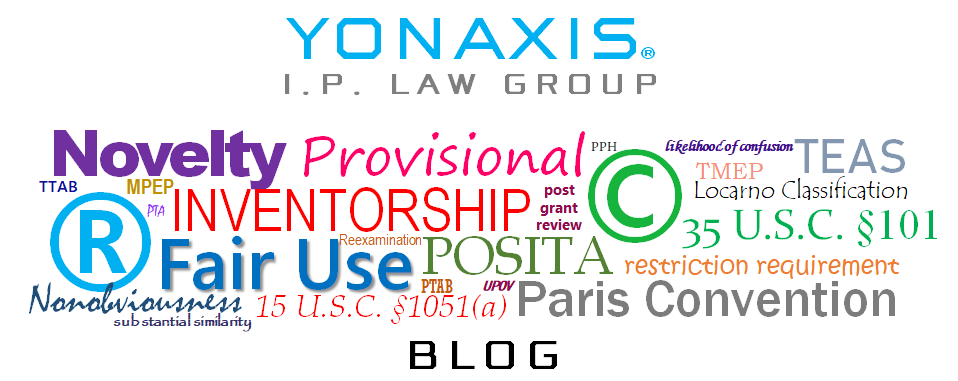In the second copyright case decided by the U.S. Supreme Court on March 4, 2019, Rimini Street, Inc. v. Oracle USA, Inc.,[1] the high court dealt with the question of whether “full costs” is more than the costs set forth in either 28 U.S.C. §1821 or §1920.
Both Oracle and Rimini Street are competitors in software support and technical services. Oracle sued Rimini for copyright infringement, with Oracle prevailing in the district court when the federal jury awarded Oracle $50 million in damages. The district court, upon Oracle’s motion, awarded an additional $28.5 million in attorneys fees, $4.95 million in costs, and $12.8 million in litigation expenses, including expert fees, e-discovery costs, and jury consulting fees. It is this last $12.8 million which is at-issue in the case.
28 U.S.C. §1920 specifies the taxed costs recoverable in a copyright infringement litigation:
- Fees of the clerk and marshal;
- Fees for printed or electronic record transcripts necessarily obtained for use in the case;
- Fees and disbursements for printing and witnesses;
- Fees for exemplification and the costs of making copies of any materials where the copies are necessarily obtained for use in the case;
- Docket fees;
- Compensation of court appointed experts, compensation of interpreters, and salaries, fees, expenses, and costs of special interpretation services.
28 U.S.C. §1821 states costs in other categories or amounts exceeding the fixed rates are determined as “non-taxable.”
Justice Kavanaugh delivered the opinion of a unanimous Court. He was straight-forward in the Court’s holding:
[T]he Copyright Act expressly provides for awards of attorney’s fees as well as costs. 17 U.S.C. §505. And the same Congress that enacted several other statutes that expressly authorized awards of expert witness fees []. But absent such express authority, courts may not award litigation expenses that are not specified in §§1821 and 1920.
He pointed to the precedent which held that outside express congressional authority for such expenses not already specified in the statutes, such fees – like litigation costs – were not allowed.
Our cases, in sum, establish a clear rule: a statute awarding “costs” will not be construed as authorizing an award of litigation expenses beyond the six categories listed in §§1821 and 1920, absent an explicit statutory instruction to that effect.
The Court reversed in part and remanded back to the Ninth Circuit consistent with the opinion. Rimini does win this long-fought battle. Doctrinally, Rimini Street will have minimal impact on copyright law. However, practically, the case resolves the circuit split on awarding “full costs,” which would provide more consistency across all federal district courts where copyright infringement suits are filed, thereby limiting forum shopping by plaintiffs seeking to maximize damage awards.
[1] 586 U.S.___ (2019), reversing-in-part, 879 F.3d 948 (9th Cir. 2018).
